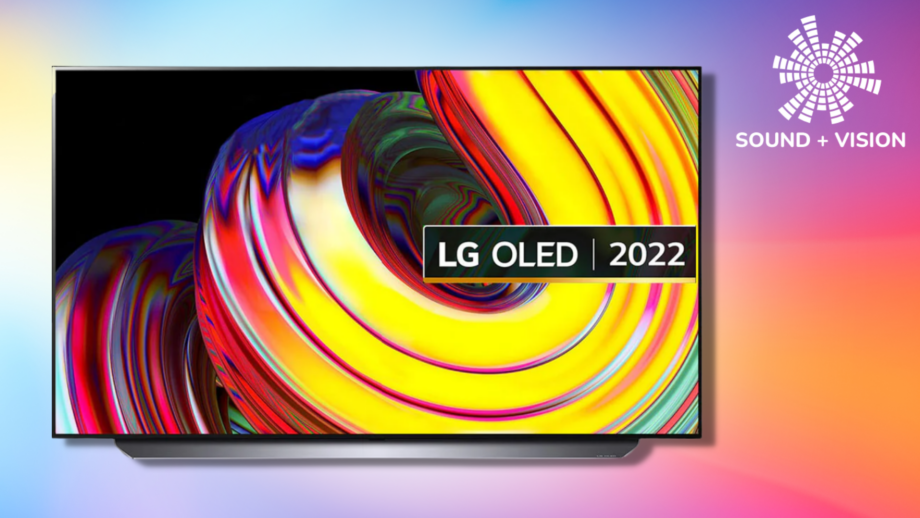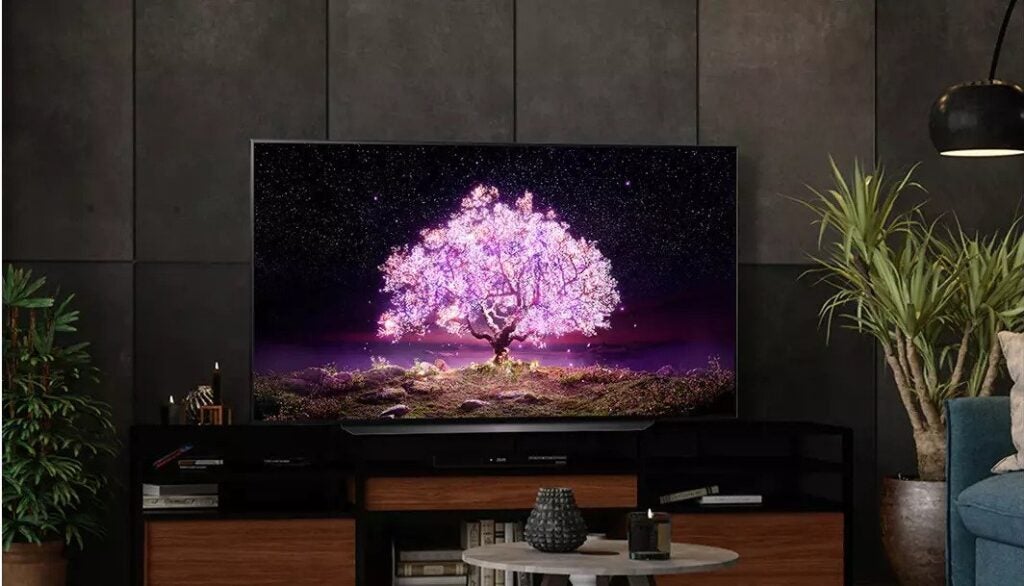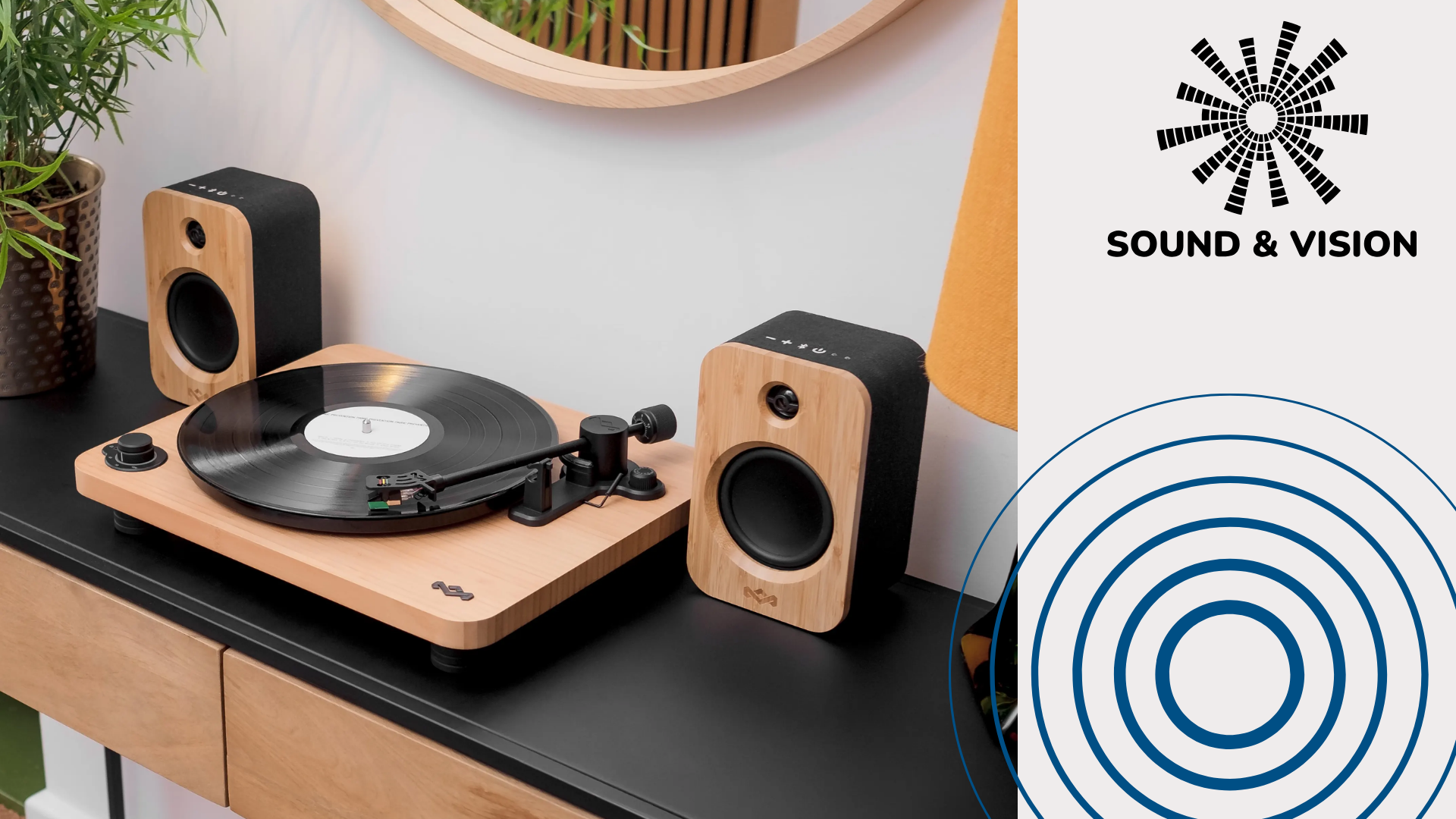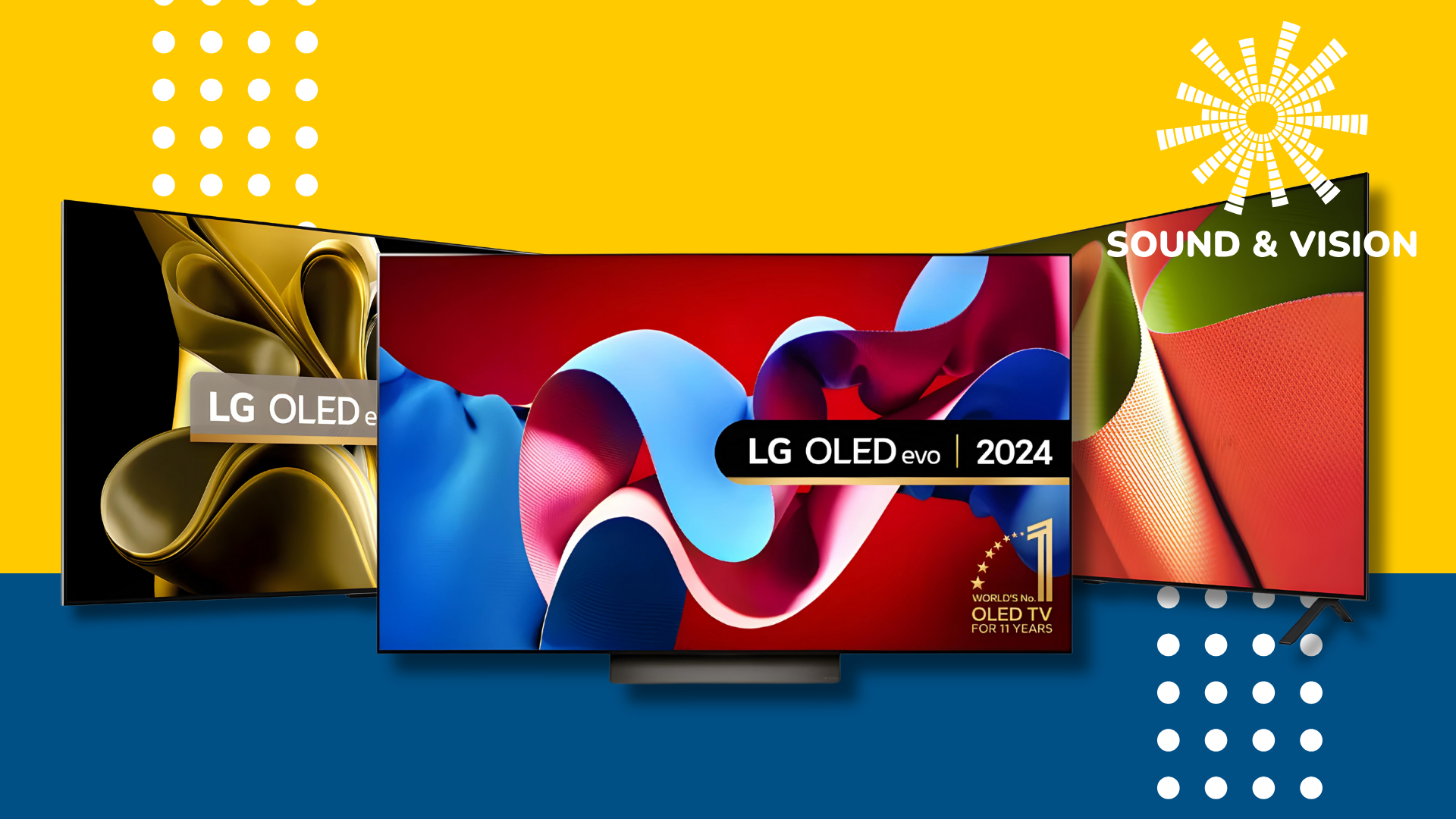Sound and Vision: The A3 OLED is not coming to the UK, and that might be a smart decision

OPINION: LG has announced the A3 OLED – the cheapest OLED it sells – is going to skip a UK release for 2023. For those looking for a cheaper OLED, that’s a disappointment, but it might benefit the OLED TV market in the long-term.
When asked for further comment, the reasons LG cited for not launching the A3 OLED in the UK are “business” ones. That definitely seems strange business sense for not launching a TV, and while it’s of not much benefit to customers looking to purchase a new TV, it might actually be a smart decision by LG. Bear with me as I try to explain my rationale.
LG has always said its plan was to bring OLED TV technology to “everyone”. That was a message conveyed a few times during a visit to its HQ in Weybridge to see some of the TVs coming to market in 2023. You would think that not launching its cheapest OLED goes against the whole “bringing it to the masses” line of thought.
But there is such a thing as oversaturation, and arguably LG has hit that point rather hard in the last few years. You only have to look at Black Friday 2022 to see some of the ridiculous (but also great) discounts applied to the likes of the A2 OLED that made the TV a popular addition to many people’s baskets during the sales event.
It was noticeable that other TV brands that sold OLED TVs were trying to keep their prices higher rather than getting involved in a race to the bottom. I also don’t think they appreciated the price of OLED being driven down so hard either…
But having the A-series OLEDs potentially takes away some of the limelight from the B-series, which felt as if it was the forgotten child in the 2022 OLED TV line-up. The C-series will always be the best seller, the G-series will always be viewed as the best OLED LG sells, but the messaging around the B-series was a bit flaky, sitting between the C and the A models.

Subtracting the A-series OLED from the UK line-up, while obviously not great for consumers, makes the line LG is pitching simpler. If the C-series is too expensive, get the B-series and you still get a great picture and gaming performance at a less expensive price. The benefit for LG is that it keeps its OLEDs as a premium consideration and not a cheap one. As soon as it becomes “cheap”, then it begins to lose its value, and I’d surmise that in the long run LG would have sold fewer and fewer C-series and B-series TVs if it kept pushing the A-series as much as it did.
Instead, LG will be selling the A-series in other territories; it did not divulge where, but my presumption is in places where the TV market for OLED is not as mature and where affordability is key over premium experiences.
Given the pressures exerted on the TV market in the last few years, the pandemic both boosted and hurt it in areas, along with inflation, paucity of chipsets and problems that were coming to a head before the pandemic rolled in, such as LCD screens becoming so cheap TV manufacturers weren’t making much if any profits on them – you only have to look at TV brand’s line-ups in the last few years to see how few LCD TV series they are selling.
You wouldn’t know it, but the decision to take the A3 OLED away is perhaps more telling than it first appears if you look closely at the tea leaves. The TV market is, or has, reached something of crossroads. Sure, people are still buying TVs, but they’re not buying ones TV manufacturers wish you did – the expensive ones, which are driving profits for them now. TCL is now the second biggest seller of TVs, displacing LG in the process, but its approach appears to be undercutting others to gain market share. It’s working, but I wonder for how long.
LG’s decision is, I’d say, a strategic one to maximize OLED’s premium quality. We might not like the decision, but it might also keep OLED at a higher quality.
After all, cheap can also be quite nasty, and who wants a nasty OLED?








